Menu
Table of contents
You also have great applications in the field of SEO today. Applications that I have tested and that we use with OMA for our clients.
And 12 of those applications I am happy to share with you in this article.
Disclaimer: this is not an article recycling thousands of existing prompts. This article is intended to give you an idea of ChatGPT's features for SEO.
First things first: how should you use ChatGPT?
It is often thought that you submit a question to ChatGPT and then the software writes down the piece of content of your dreams.
It doesn't. Thus, there are several things to think about with ChatGPT.
And these are the most important 5:
- Ask clear and specific questions to get relevant answers.
- Keep your instructions and questions concise and avoid too much extra information.
- Be patient and experiment with different approaches if you are not satisfied with the answer.
- Always check the generated answers and verify the information if necessary.
- Provide feedback to help improve the system and increase the quality of responses.
Finally, you can avoid potential mistakes by reading my blog on 11 pitfalls when using AI.
Finding out keywords / keyword research
ChatGPT is obviously no KWFinder or Semrush, but it can help you figure out keywords.
For example, you might ask:
- What are popular keywords for X?
- Can you help me with related keywords for X?
- How competitive is keyword X and how often is it searched for?
- Can you help me with ideas for blog articles about X?
- What are undiscovered keywords for X?
Can you now kick your SEO tool out the door and use ChatGPT instead? No. Of course you can't.
But ChatGPT can be used nicely in the analysis phase. At the beginning. During a brainstorm. After all, it sometimes gives you a lot of valuable input in a short period of time to move forward with.
Coming up with headings for your blogs
Suppose you have come up with a subject. You know there is volume on it AND you know your target audience is searching for it.
To structure your article or blog, start with the possible headings. And then, of course, you want to know what those headings might be. You might come a long way yourself with "What is X?" or "How does X work?
But if you're as creative as I am, sometimes you need a push.
And this can be done, for example, by asking the following questions:
- Can you help me with some catchy headlines for my blog about X?
- Can you come up with a list of 5 creative headlines for my blog about X?
- What are some interesting angles for headlines about X?
- Can you give suggestions for headings that will attract readers' attention to my blog about X?
- Can you help me with headings specific to SEO for my blog about X?
Finding out long-tail keywords
You now know what the main topic is and what your keyword is. But, of course, you also want to determine the longtails of your main keyword topic.
You can then incorporate those back into your intermediate purchases. To find out with ChatGPT, you can ask the following questions:
- Can you help me with some long-tail keywords for my blog about X?
- Can you give suggestions for specific search terms with low competition for my blog about X?
- What are some long-tail keywords I can use to make my blog more findable for target audience X?
- What long-tail keywords can you think of to optimize my blog for voice searches related to X?
- What are some specific long-tail keywords I can use to optimize my blog for conversion?
Find out related terms
Now that we've had the longtails, let's move on to related keywords. You also need to process those in a natural way to give Google as much context as possible.
To do so, you can ask ChatGPT the following questions:
- Can you help me with related keywords for my blog about X?
- Can you give suggestions for keywords related to my main keyword Y for my blog about X?
- What are some other relevant search terms I can use to optimize my blog and reach a wider audience?
- Can you help me with related keywords specific to my niche within X?
- What keywords are often used together with my main keyword Y for my blog about X?
Finding out intent of keywords
By now you have listed all the keywords for your page. You know what to use and what not to use.
But, of course, it is also important to know what someone who searches on those words wants to achieve. Does he or she want to buy something?
Is the person looking for more information? Or maybe it's about simple entertainment.
You'll find that out with the following questions:
- What is the intent behind keyword X and how can I adjust my blog to meet that intent?
- Can you help me understand what action the user is likely to want to take when they search for the keyword X?
- What are the most common intentions behind keywords related to my blog topic?
- Can you suggest keywords with buying intent that are relevant to my blog?
- "What intentions underlie the keywords used in the 'How can I...?" or "Where can I...?" form
Optimize content
By now you have done all the preliminary work and are writing nicely. You can, of course, leave that writing to ChatGPT, but that again requires all kinds of prompts.
Suppose you choose to write the text yourself. Then you can use ChatGPT to further optimize your content.
You can do that by asking the following questions:
- How can I optimize my content for SEO on my blog about X?
- Can you give suggestions for incorporating relevant keywords into my blog content?
- Can you give advice on structuring my text regarding headings and sub-headings to improve SEO?
- How can I include and optimize images in my text to improve findability?
- Can you give recommendations to improve my text in terms of readability and user experience?
Content rewriting
You've optimized the text, but you find that the story doesn't make sense.
Or you find your writing style does not fit the target audience. Then you can ask the following questions to get your content rewritten:
- Can you revise and improve my written text in terms of grammar, sentence structure and word choice?
- Can you rewrite my text to make it clearer and more concise?
- Can you edit my text and improve the overall readability and how smoothly it flows?
- Can you adapt my text to a specific audience or writing style?
- Can you reformulate the headings and subheadings in my text to make them more appealing and informative?
Frequently asked questions devise
BAM! By now you have great text in place, so it's time to enrich your text.
You can do that, of course, by adding more valuable content. This can be in the form of images and videos, as well as frequently asked questions.
You can find out the latter by asking ChatGPT the following questions.
- What are the most frequently asked questions about X?
- Can you help me identify common questions people have about X?
- What are some frequently asked questions relevant to my text on X?
- Can you give suggestions for the main questions I need to answer in my text about X?
- What questions do people usually ask when they want to know more about X?
Writing meta titles and meta descriptions
If there's one thing I'm grateful to ChatGPT for, it's writing meta titles and meta descriptions. Since I've been doing SEO, I've found that terrible to do.
And I'm also bad at it. So for me, this is really a godsend.
You can ask ChatGPT the following questions to write the meta title and description for you:
- Can you write a catchy meta description that properly summarizes my text about X and encourages users to click through?
- Can you review my meta title and meta description and give suggestions on how to make them better match the content and search intent?
- Can you write an attractive meta title that captures the essence of my text about X?
- Can you write an engaging meta description that makes users curious about my text about X?
- Can you write a catchy meta description that highlights the main points of my text on [topic]?
Technical optimization / SEO audit
Today, in terms of SEO, ChatGPT can best help you with content. At least, that's been my experience.
With other pillars like technology and authority, ChatGPT cannot currently do a huge amount. But there are still some questions you can ask so ChatGPT will give advice on your website's technique.
Please note that ChatGPT always provides general advice. These are not customized advice for your specific website.
- Can you review my website for technical SEO factors and offer suggestions for improvements?
- How can I optimize my website for faster load times and a better user experience?
- What are some best practices for optimizing website structure and internal links for SEO?
- Can you help me optimize my robots.txt and sitemap files for better indexing by search engines?
- What measures can I take to make my website mobile-friendly and optimized for mobile SEO?
- How can I optimize my website for local SEO and be more findable for local searches?
- Can you check my website for crawlability and indexability problems and suggest solutions?
Structured data / schema creation
Ugh, this is one that makes me very happy as a technical SEO nerd.
Structured data is nothing but a piece of code around a piece of content that allows Google and other search engines to better understand the content.
But then, of course, you have to know that code first. And that's sometimes hard to figure out.
Let alone to then apply it correctly.
You can ask ChatGPT the following questions to help you do that:
- How can I implement structured data on my website for X?
- Can you help me generate the right code for structured data for my website?
- What types of structured data are relevant to my Web site and how can I apply them effectively?
- What are some important elements and attributes I should include in the structured data code?
And then you can ask the following questions:
- Can you guide me in placing the structured data code in the right location on my website?
- What steps should I take to apply structured data to my website? Can you explain a general process?
- How can I test and validate structured data to ensure it is implemented correctly?
Get inspiration for your URL / Menu structure
The latter also really saves you a lot of time and can also give you a lot of ideas.
Say you want to create a website, you want a new website or you want to take your SEO to the next level.
Then the URL and menu structure are important. And with the following questions, ChatGPT will help you set up a smart structure:
- Can you help me come up with a logical URL structure for my website about X?
- What are some best practices for structuring my URLs based on my website's content and hierarchy?
- What information should I include in my Web site URLs for better user experience and SEO?
- How can I design my menu structure to improve navigation on my website and provide ease of use?
- How can I organize my menu structure to provide easy access to different categories of X?
- What are some appropriate URLs for my blog posts about X to create a clear and optimized structure?
In conclusion
Of course, I described all the above applications and questions with the help of ChatGPT. After all, that's where AI can be of great help. But ChatGPT says it can also help with website migrations, e-commerce SEO, local SEO, reporting and backlinks analysis.
Only that, then, I would not recommend ;-).
But there are also a lot of applications that are useful. You can read more about this in my blog about the 11 proven AI applications for (online) marketers.
How should I use ChatGPT?
You may think, ChatGPT is the perfect tool for a question and answer issue, but it's certainly not that easy. For the optimal user experience and best results, there are a number of aspects you need to consider:
- Ask clear and specific questions to get relevant answers
- Keep instructions and questions specific and avoid redundant information
- Not satisfied with the results? Be patient and try different approaches
- Check the answers obtained and verify the information if necessary
- Provide feedback to improve the system and increase the quality of answers
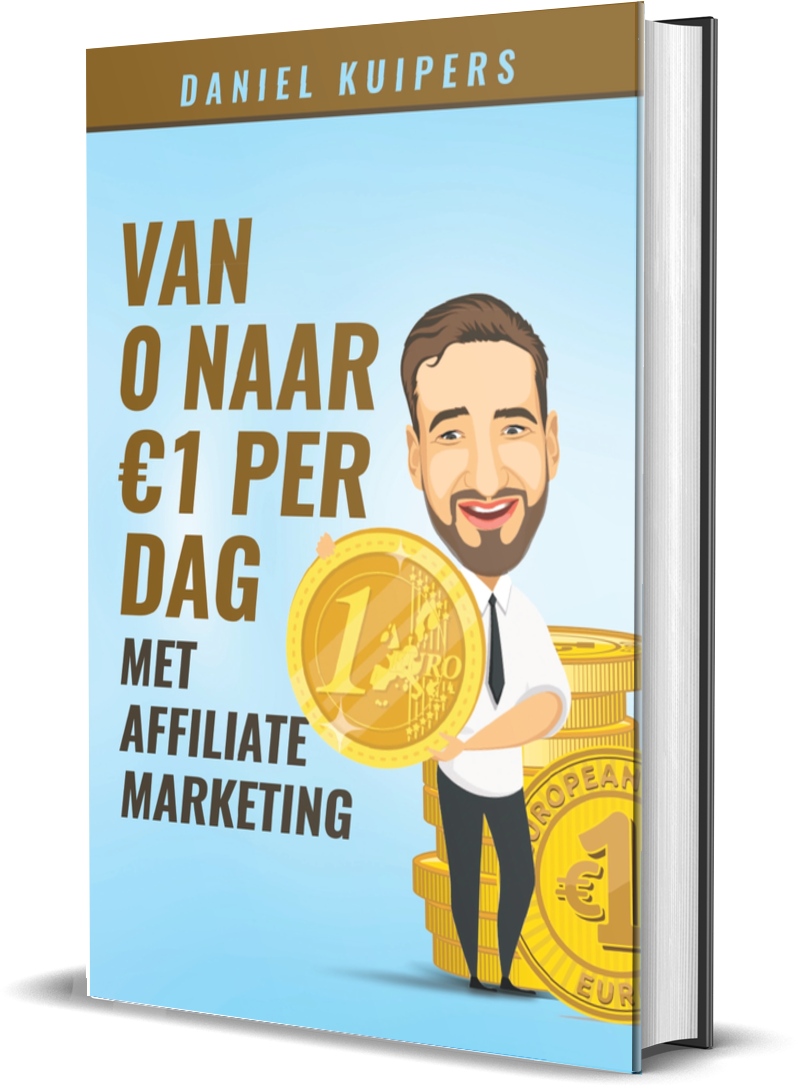
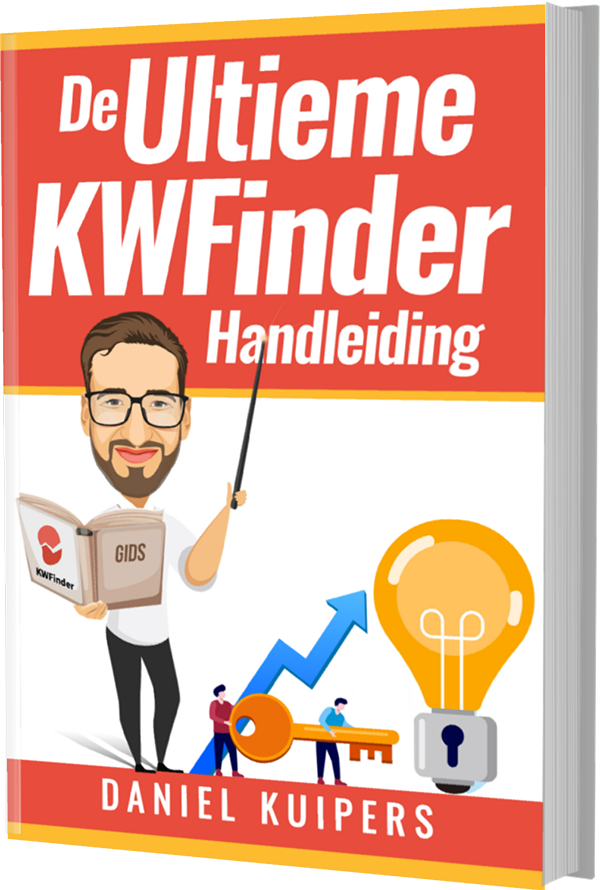
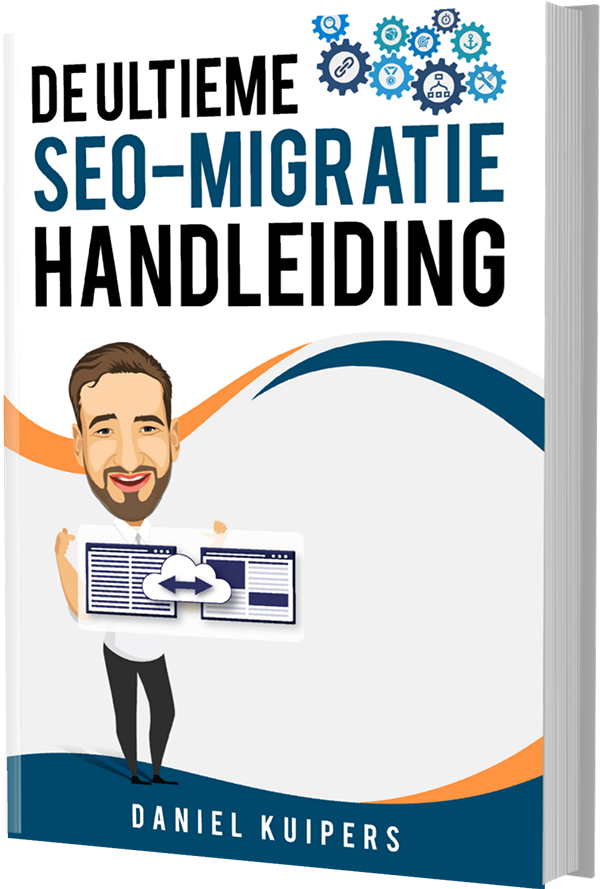
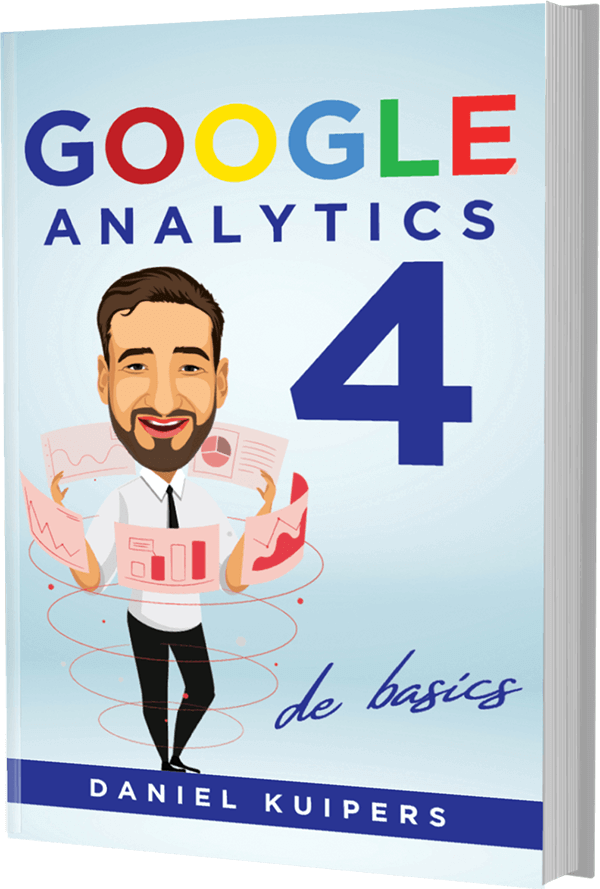
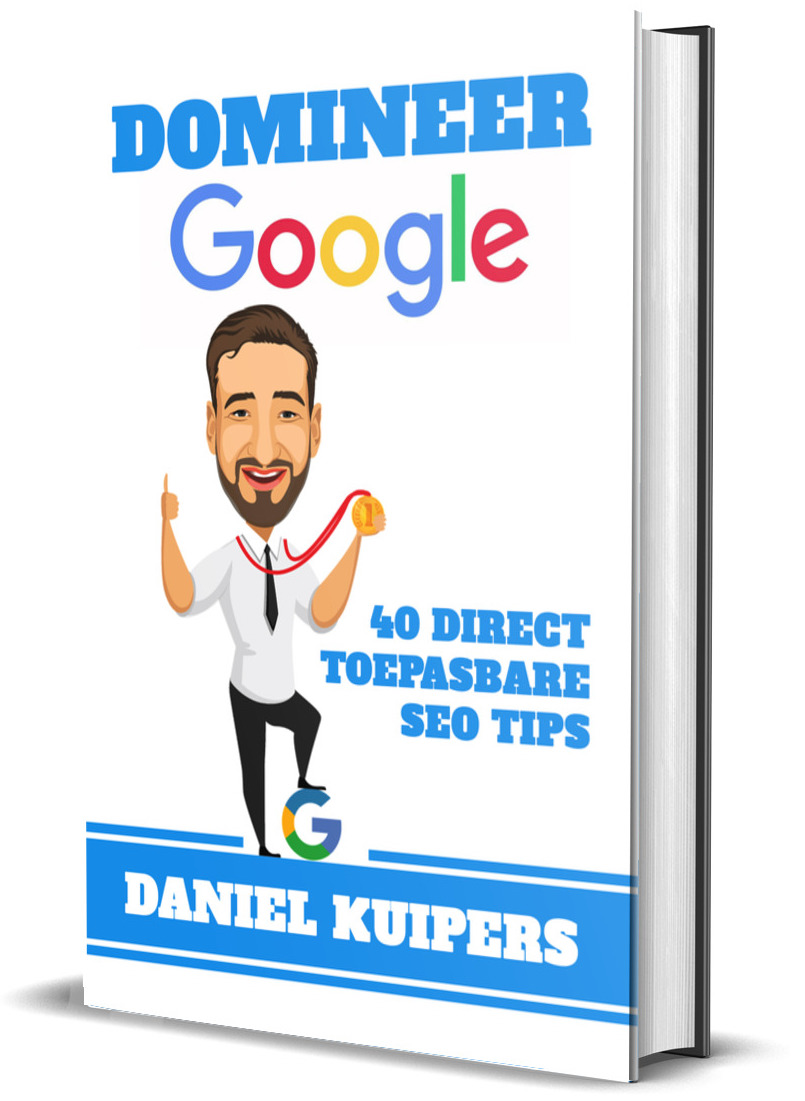
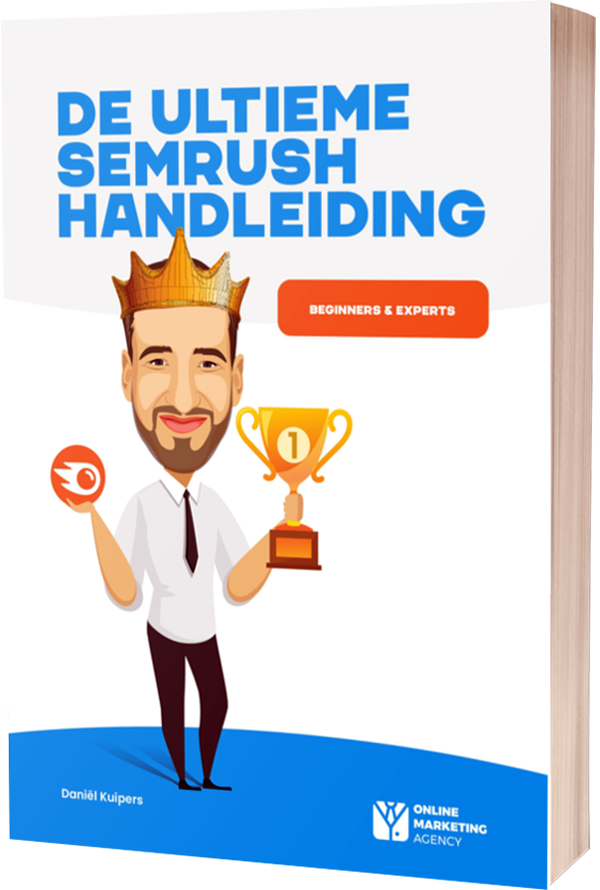


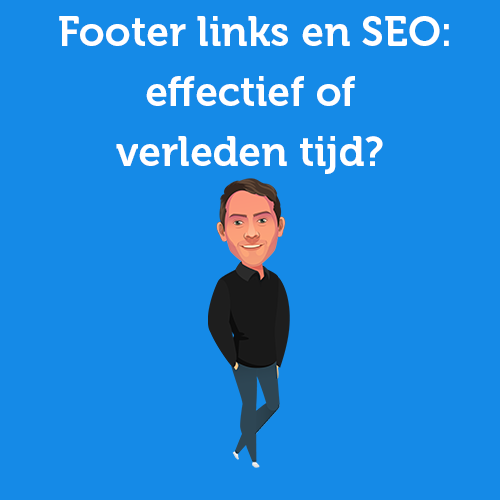
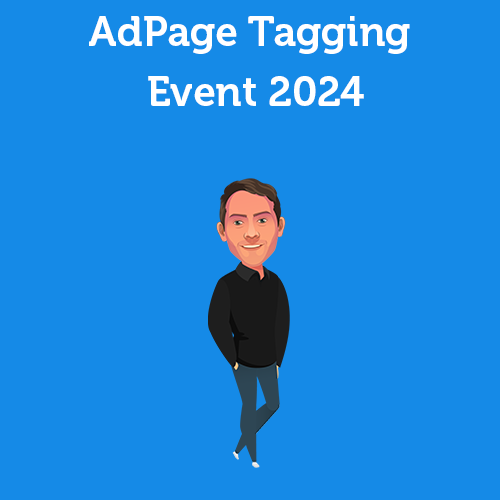
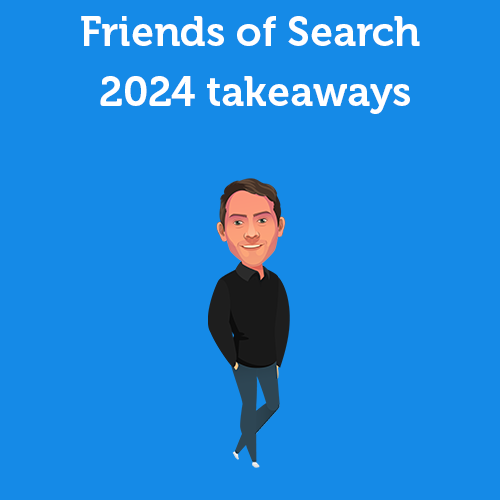
Written by: Daniel Kuipers
Daniel is the founder of Online Marketing Agency. He constantly scours the Internet for the latest gadgets and tactics and blogs about them in understandable language. Well, sometimes.